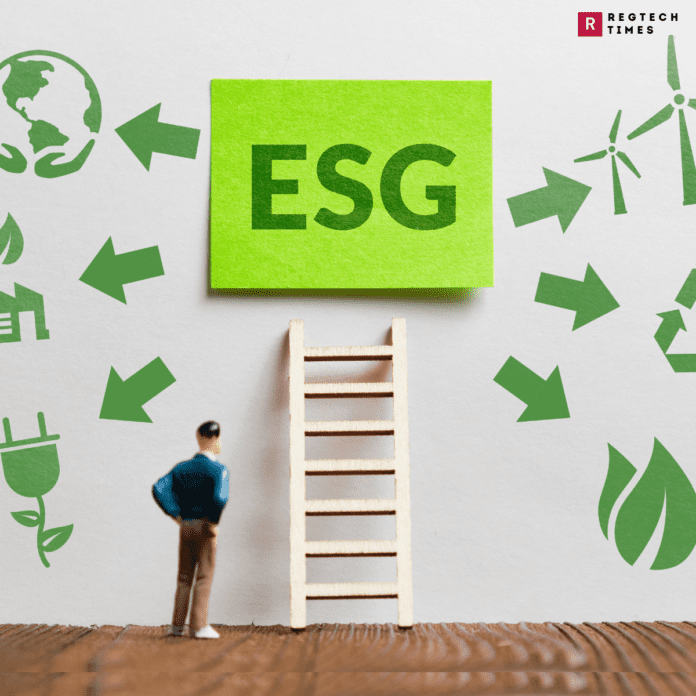A vast array of ESG data is curated and maintained by the World Bank for use by academic researchers, financial market participants, and policymakers. Use this gateway to construct country profiles, examine how different countries stack up against one another, and keep up with the most recent ESG research.
Crop yields and food security are threatened by global labour shortages and climate change, and food producers face additional challenges due to ESG standards, even in nations with plenty of natural resources. Brazil is a useful illustration of this. Its terrain, climate, and a strong sense of long-term goal have elevated it to the forefront of the global food and agricultural commodities industries.
But despite all of its natural advantages, Brazil nevertheless faces formidable obstacles. In addition to labor shortages and climate change, it is also facing environmental concerns, shifting customer preferences, and volatile demand. Deforestation in the Amazon is a specific problem for Brazil and is a source of negative international attention. All of these things work against Brazil’s continued economic progress.
Brazil’s Agri-Technologies
Brazilian agribusinesses are eager to expand their market share but are also confronted with the same environmental and social issues as other markets. As a result, they are increasingly relying on digital and genomic innovations to address these pressing issues while also responding to calls from both domestic and international stakeholders to enhance the sustainability of their operations. Presently, Brazil is home to over 1,700 tech companies that are creating cutting-edge blockchain, AI, and drone technologies in an effort to become more competitive. The primary distinction is that, while productivity enhancement was the sole objective in the past, the present generation of innovators also incorporates sustainability and ESG considerations. Here are some instances of the technologies that these trailblazers are employing to get there.
Blockchain Food supply chain traceability, efficiency, and sustainability can all be enhanced by blockchain firms. Additionally, they offer the data that consumers, government regulators, and other food chain participants require to improve the transparency of ESG initiatives in Brazil’s supply chains for food and agriculture.
Computational Intelligence
Brazil is using artificial intelligence (AI) to improve disease and pest management. In light of labour shortages and the climate, artificial intelligence (AI) is also being integrated with computer vision to improve decision-making on farms. Through waste reduction, environmental effect minimization, and optimal use of water, fertilizer, and crop protection, this technology is assisting Brazil in advancing sustainable agricultural practices. The usefulness of AI automation on farms and in food factories is increased by the recent workforce shortages in the food chain, even in a nation that has historically profited from cheap labour.
Unmanned Aerial Systems
In Brazilian farms, drone usage is growing. Drones’ capacity to gather data remotely is especially important in Brazil, where the country’s road system is difficult to navigate and where assessing sustainability measures is becoming more and more important to the country’s exporters.
Insights For Worldwide Agtechs
Farmers and food producers everywhere need to pay attention. Brazil is home to some of the world’s most productive land, so its agricultural innovations benefit more than just Brazil; they also help ensure global food security.
Brazil has historically kept prices low and volume high by focusing almost entirely on productivity for the sake of productivity. Global consumers, or “prosumers,” of today, however, have higher expectations. In addition, they want proof that the food is healthy and has been produced sustainably.
In the end, Brazil provides other nations—especially those in Latin America and Africa—with an example of how to establish technologically sophisticated, efficient, and sustainable agriculture. More significantly, it demonstrates that agri-tech entrepreneurs around the world may be successful by focusing on issues other than performance and productivity: creating technology that improves the planet’s quality of life can be a net positive rather than merely an additional obstacle.



